Search
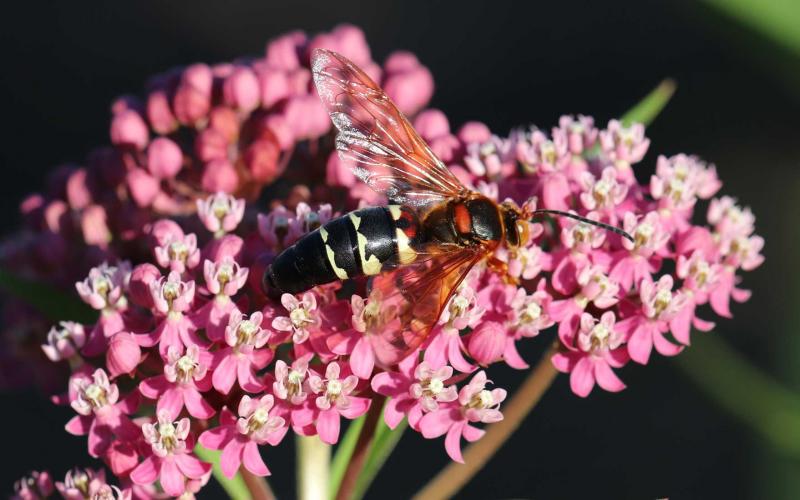
Cicada Killer Wasps Are Active in South Dakota
The cicada killer wasps are active in South Dakota, which means cicadas are probably not far behind. As their name implies, cicada killer wasps use cicadas as a food source. They can present an impressive spectacle if you observe one carrying a paralyzed cicada from a tree.
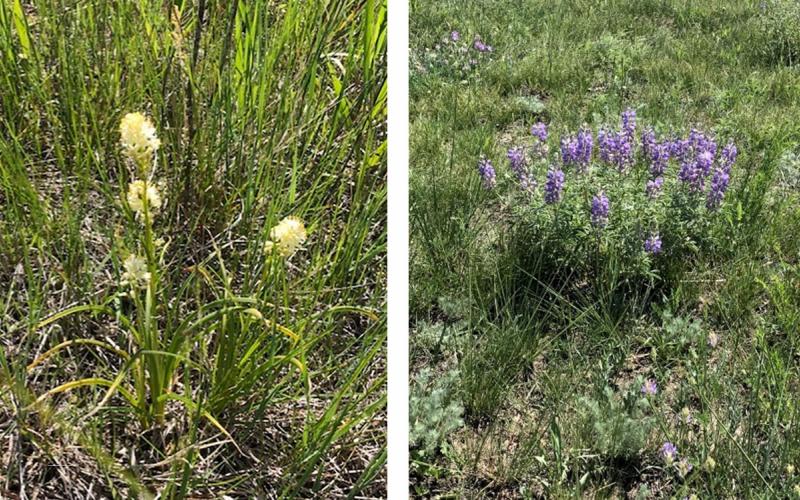
Poisonous Plants on Rangelands: Deathcamas and Lupine
With prolonged drought conditions throughout many areas of South Dakota, there is an increase of invasive weeds and poisonous plants on rangelands. Identification of poisonous plants is crucial to ensure livestock production is not compromised.
South Dakota Grassland Management School Workshops Set For July 27, 28
July 15, 2021
The 2021 Grassland Management School workshops will be held at the Eck Restoration Project north of Henry, South Dakota on the shores of Warner Lake.
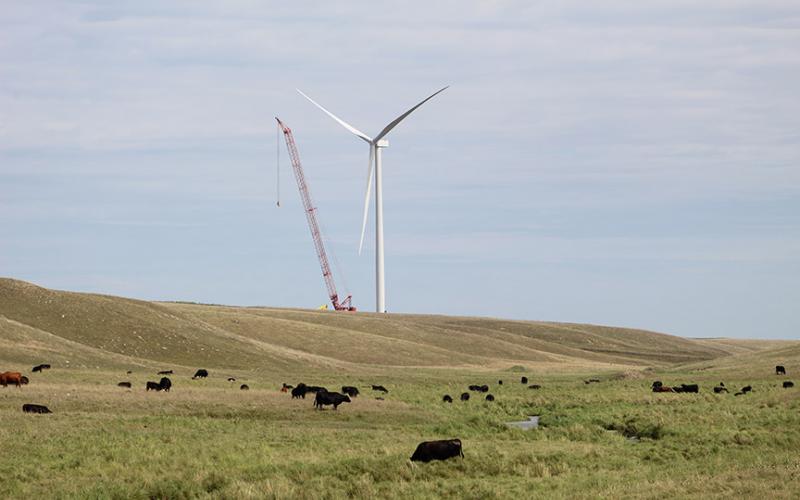
Best Management Practices Guide for Restoration of Native Grasslands and Sensitive Sites Resulting from Energy or Industrial Development
A general guide to South Dakota landowners who are considering or who have allowed energy or other industrial development on their property.
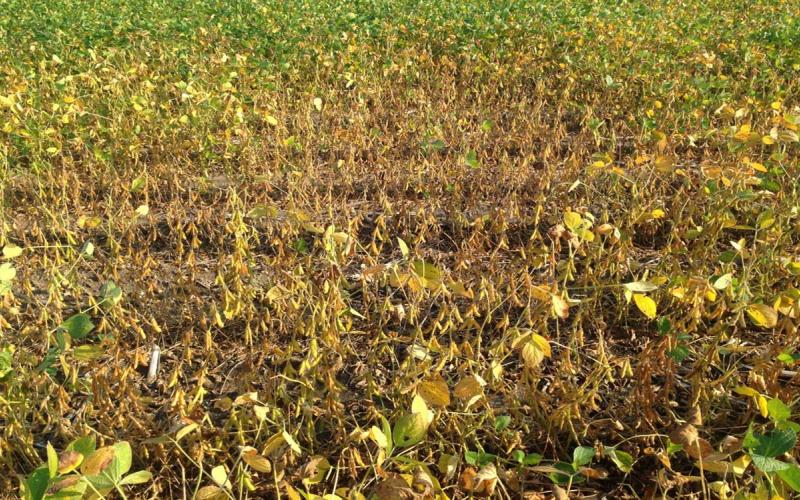
Scout for Charcoal Rot in Early Senescing Parts of the Field
The drought conditions in the past few weeks have led to some soybean fields senescing early. However, some of the early senescing may be due charcoal rot.
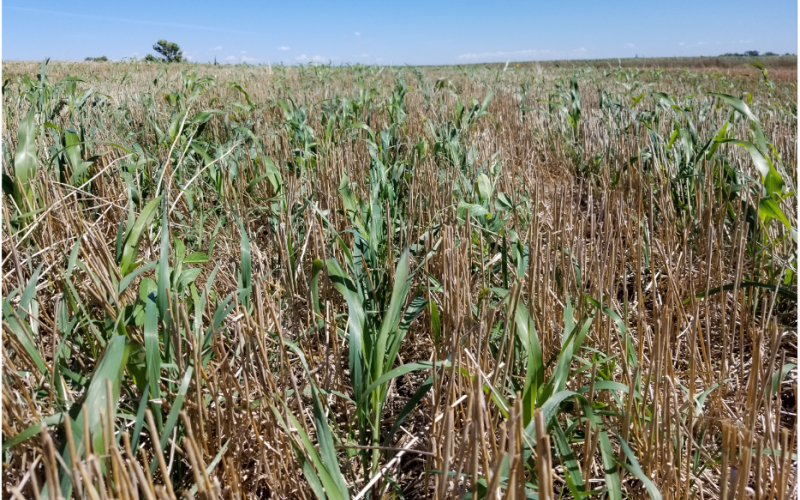
Online Cover Crop Decision Tool Now Available
September 10, 2020
As interest in cover crops has grown significantly among crop and livestock producers in the region, species selection and establishment times have remained a major topic.
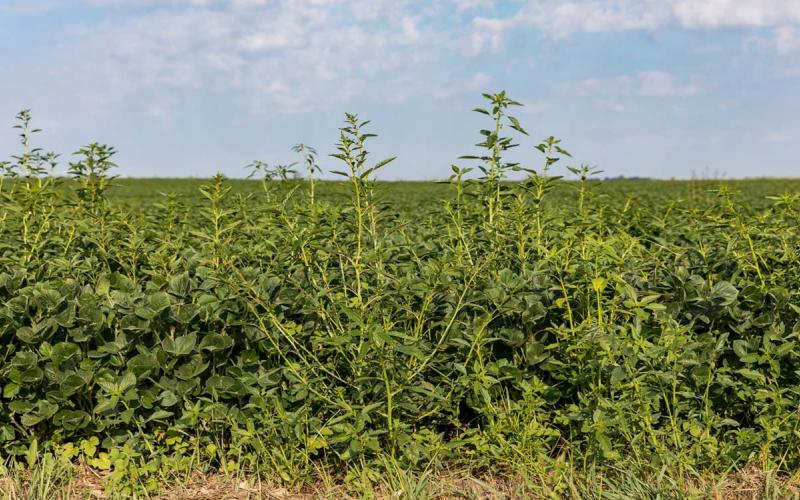
Checking Weed Control at Harvest
With harvest now in full swing, don’t forget to look at your fall weed control. What are the weeds that are left in your crop? Do you know what weeds they are? Is there a weed that you do not know?
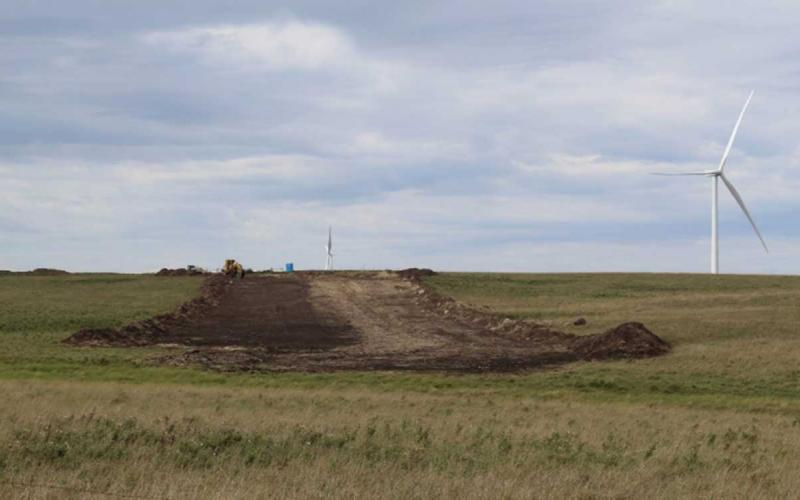
Understanding Contract Language and Restoring Native Grassland Damage after Energy Development
Energy development on private lands can result in locally heavy land manipulation. Of particular concern is the manipulation of native grasslands and other sensitive areas and how it will affect those areas in the short-and-long-term.
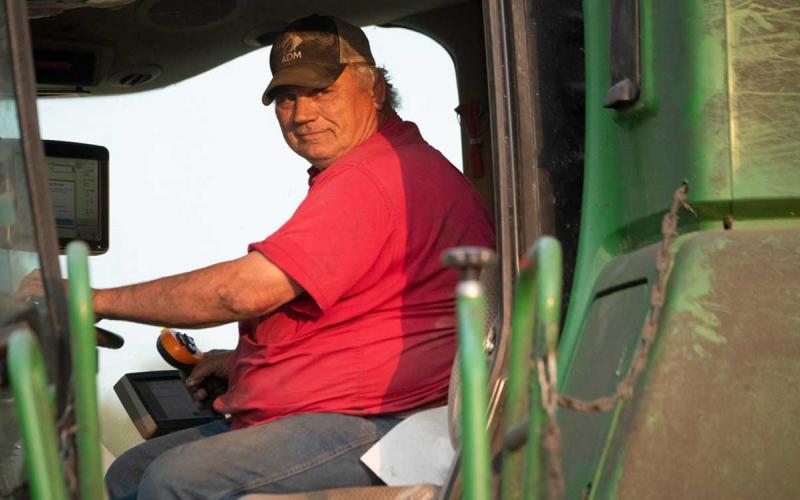
Calibrate Your Combine Yield Monitors!
The equipment associated with precision farming is a considerable investment and is a great tool for gaining knowledge about your farming operation. The yield monitor is often overlooked as the critical piece of equipment when the crops are ready for harvest.
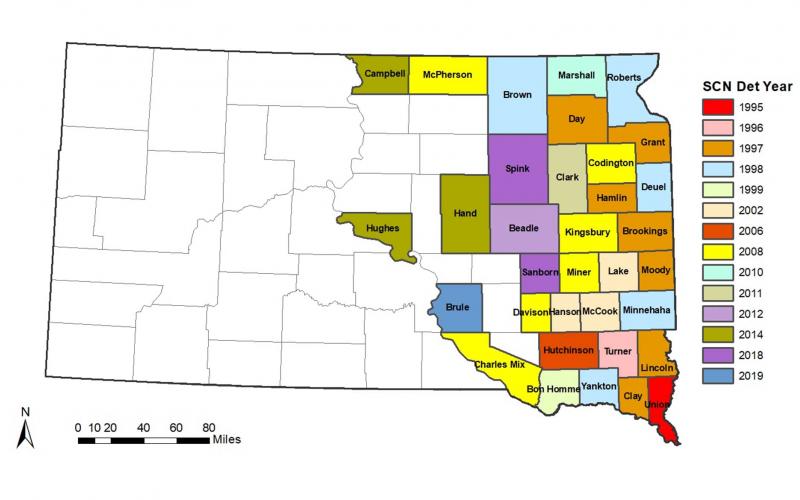
HG Type Testing: A Management Strategy for Soybean Cyst Nematode Control
Have you noticed lower soybean yielding areas in your field? Soybean cyst nematode may be to blame. Fall, and especially after soybean harvest, is the best time to sample soil and have it tested for soybean cyst nematode.